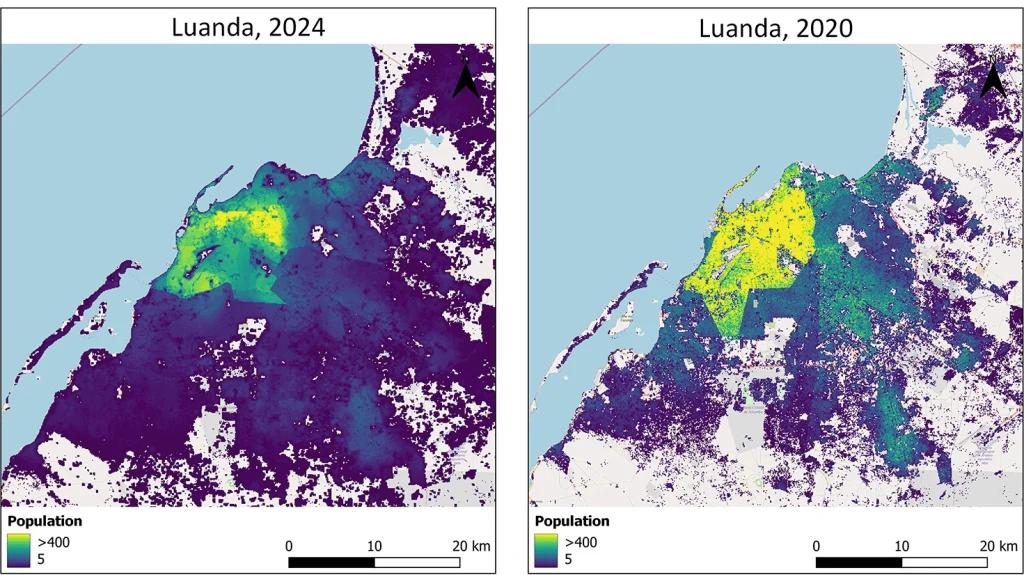A groundbreaking collection of 73 global, high-resolution, multi-temporal geospatial datasets has been released, poised to significantly enhance the accuracy and detail of human population distribution modelling worldwide. Led by WorldPop Enterprise Fellow Dorothea Woods at the University of Southampton, in collaboration with the Università degli Studi di Milano Scienze della Terra and funded by the Bill and Melinda Gates Foundation, these datasets are now openly accessible to researchers, policymakers, and humanitarian organisations.
The extensive collection offers annual time series data from 2015 up to at least 2020, and as recent as 2023 where source data permit, covering the globe at a spatial resolution of approximately 100 meters (3 arc-seconds). This level of detail is crucial for understanding the complex spatial and temporal variability of population distributions, which is influenced by a range of dynamic factors.
These new datasets represent significant advancements over previous repositories, incorporating new and higher spatial resolution source data, such as an expansion to seven source datasets for the built-up environment, and improved processing algorithms. For instance, a new outlier removal algorithm was developed for nighttime lights, and a series of seven inland water masks based on different water coverage thresholds were created.
While primarily motivated by the need for a new global time series of high-resolution age- and sex-structured population estimates by WorldPop, the applications of these covariates extend broadly across environmental, economic, and health sectors, supporting informed policymaking and resource allocation for sustainable development.
The resulting open access population count and age and sex structure data, derived from these covariates can be downloaded from the WorldPop Hub.
Have you used WorldPop’s new data?
Let the team know – your feedback helps shape the future of open data.
We’re trialling the ‘Deep Dive’ audio summary feature of Google’s NotebookLM. This feature uses AI to create a podcast-like audio conversation between two AI-derived hosts that summarise key points of a document - in this case the Global Gridded Multi-temporal Datasets article in Gates Open Research.
As Google acknowledge that NotebookLM outputs may contain errors, we have been careful to check, edit and validate this audio.
Please contact us to let us know what you think.
Music: My Guitar, Lowtone Music, Free Music Archive (CC BY-NC-ND)
Learn more
Global gridded multi-temporal datasets to support human population distribution modelling (Gates Open Research)
Download the new datasets (WorldPop hub)
Download the new datasets (WorldPop FTP server)
- Beta Global Population Data – 2015 to 2030 (HDX)



